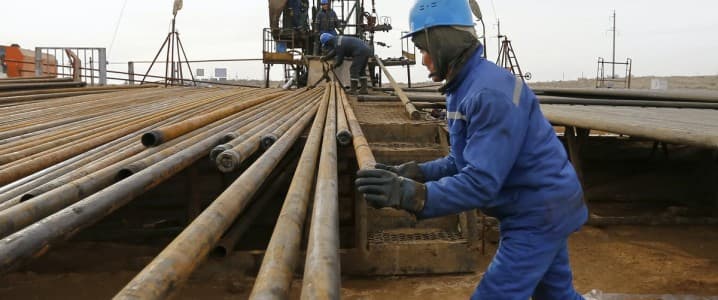
Speaking at an industry conference on September 13, Machar said that South Sudan's petroleum minister has had difficulties with OPEC+ over its crude oil targets. South Sudan has ambitious plans to increase crude oil production to 230,000 bpd by 2024.
South Sudan's August production cap, agreed to by OPEC+, was significantly below that, at 130,000 bpd. Its actual production for August, however, came in at 160,000 bpd, according to Argus estimates.
"Our minister of petroleum has had issues with Opec over the increment of crude production but we shall instead quit the organisation if we are hindered from increasing oil production. Our target is to increase crude production right now and become an oil hub in the east African region and foster economic development for our people," Marchar said at the industry event on Tuesday.
OPEC+ has been criticized in recent months for not increasing production quickly enough amid the tight global crude market that was exacerbated by the war in Ukraine. Nevertheless, an internal OPEC+ technical committee report seen by Argus “found that South Sudan accounts for around half of the coalition’s overproduction to date.”
In August, OPEC+ producers were estimated to have produced 3.4 million barrels per day less than their quotas allowed.
OPEC+ has still asked members who overproduced their quota to make up for their past overproduction by making additional production cuts before the end of the year, when the deal is set to expire.
South Sudan, however, has not submitted its plans to compensate for its overage, instead, insisting that the “global happenings in the world….warrants us to produce more oil.”
South Sudan’s petroleum minister Puot Kang Chol has reported that its current production is only 107,000 bpd due to problems with floods and depleted oil wells.